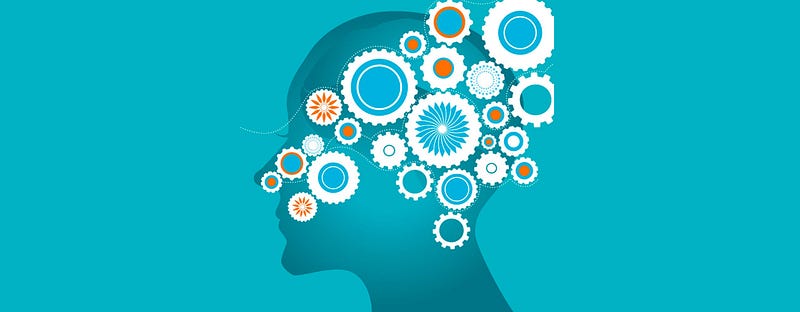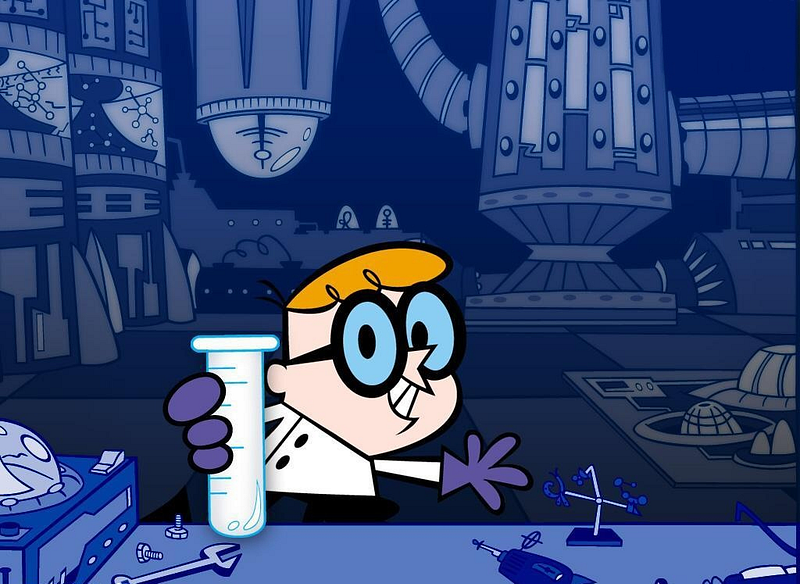Since the dawn of time, human beings have hungered for more. More knowledge. More power. More fun. More… life.
So it’s no surprise that you’re reading this right now. Whether you’re looking for a competitive edge at school, or you simply want to think faster, longer, or better, you’re here because you want to improve.
Luckily, becoming smarter isn’t actually as hard as most people believe. So long as you’re consistent and don’t self-sabotage constantly with poor lifestyle choices, you’re already ahead of the majority of the population.
What follows is a powerful, instantly-actionable checklist that will show you how to become smarter.

You are what you eat. Literally — the proteins holding together your neurons, the cholesterol that makes up your neuronal membrane, all of these are directly constructed from the nutrients in the food you eat. So make sure you’re eating the right ones.
- Consume approximately 2000mg high-quality fish oil daily. Of this, make sure that the vast majority (75%+) is composed of EPA/DHA — these fatty acids improve neuronal membrane fluidity and improve your cognitive performance.
- If you live above the 40th parallel, supplement with Vitamin D. The science varies, but many people find 3000–5000 IU a good starting point.
- Avocados and nuts make great snacks. They also make great brain-boosters; similar to fish oil, they’re filled with high concentrations of omega-3 fatty acids that help neuronal function.
- Eat vividly colored, nutrient-rich vegetables. Aim to have at least two servings with each meal (one is still better than nothing). Vitamin K, of which dark green vegetables are abundant, works synergistically with Vitamin D. On top of improving cardiovascular health, studies have shown that a high consumption of vegetables is correlated with intelligence.
- If you regularly drink coffee, take 100–200mg of L-theanine (a common component of many teas) alongside it. L-theanine and caffeine have been shown to significantly increase cognitive performance if taken simultaneously.
- Have a small piece of +80% dark chocolate once per day. Keep it moderate — approximately the size of a post-it note is more than enough. Dark chocolate, when eaten daily for several weeks, has been shown to increase bloody supply to the brain.
- Consider taking racetams to improve cognitive performance pre-task. Racetams are actually where the name “nootropic” first came from, and have shown pronounced benefits to intelligence in both cognitively-impaired and healthy animal models.
- Drink a healthy amount of water. Most modern studies suggest four to six extra cups per day — this is in addition to the water that is ever-present in the foods you eat.

All problems in life can be boiled down into conceptual models. The models we internalize ultimately allow us to deal with similar-looking problems in consistent and intelligent ways.
Your girlfriend breaking up with you, might be, to you, a highly specific and nuanced problem. But if you abstract away the facts — your girlfriend, the time you spent together, the breakup, etc — you’re left with a much simpler model: somebody doesn’t want to spend time with you even though you want to spend time with them.
Now that you have this simple model, you can leverage historic instances of how you’ve dealt with the problem to better improve the outcome of this particular situation. Instead of experiencing only one or two past instances of this specific problem in your life (i.e, the breakup), now you’ve experienced hundreds of a more general problem (people not wanting to spend time with you). Your solution will be that much better as a result.
One of the best ways to learn models quickly is to read. Now, most people recommend non-fiction or self-help, but I’m going to go against the grain and recommend you read fiction. Fiction allows you to live life in another person’s shoes — you get to read stories of people that experience dozens of potentially life-changing problems in the span of a few hours. And once the book is complete, you get to take a little ‘piece’ of them with you, through their mannerisms, ways of thinking, and character.

Studies have shown that consistently social people have younger looking brains. Socializing staves off dementia, improves health, and ultimately helps you live a better life.
This makes sense if you consider that one of the core differences between humans and admittedly not-as-intelligent animals is our capacity for complex communication.
- Join a club or group that meets semi-regularly. Bonus if it’s for sports or recreation.
- Spend time with friends or family at least once per week. This helps build relationships, reduces stress, and your family and friends will appreciate it.
- Don’t close yourself off to new relationships or experiences. Be on the lookout for opportunities to meet new people — whether it’s talking to a stranger on the bus, helping an elder across the street, or asking a cashier how her day is going.

The majority of “brain-training” exercises have been thoroughly debunked by modern science. But there are a few that have been shown to work, and constant exercise will eventually improve performance on not just the game, but other tasks as well.
- Dual-N-Back trains your working memory, and has been empirically shown to transfer outside of the laboratory to real-world problems.
- BrainHQ and CogniFit have both been shown to improve cognitive performance — the only caveat being that, like exercise, it usually takes several weeks before you start noticing a difference.
- Learning a new language has been shown to improve several measures of intelligence, likely through the mental model concept mentioned earlier. Some concepts just can’t be described in English, and therefore your mental models for them are poor. Other languages can let you “fill in the gaps”, so to speak, and increase the accuracy of your internal models..

Congratulations! If you consistently follow the four steps above, don’t fall prey to poor lifestyle choices (like consistently abusing drugs and alcohol, or allowing yourself to become obese), and continually self-improve you will see a substantial increase in your ability to think over time.
Ergo you will have literally become smarter. Nice work, Dexter! Just please don’t take over the world when no-one’s looking.



